The city of Babylon on the River Euphrates in southern Iraq first came to prominence as the royal city of King Hammurabi, and then again during the Neo-Babylonian Empire.
c. 1850 B.C.E.–539 B.C.E.

The city of Babylon on the River Euphrates in southern Iraq first came to prominence as the royal city of King Hammurabi, and then again during the Neo-Babylonian Empire.
c. 1850 B.C.E.–539 B.C.E.
What is Babylon?
we're adding new content all the time!
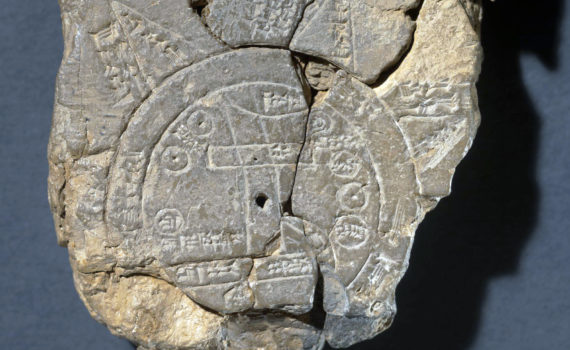
A tablet from ancient Iraq contains both a cuneiform inscription and a unique map of the Mesopotamian world.
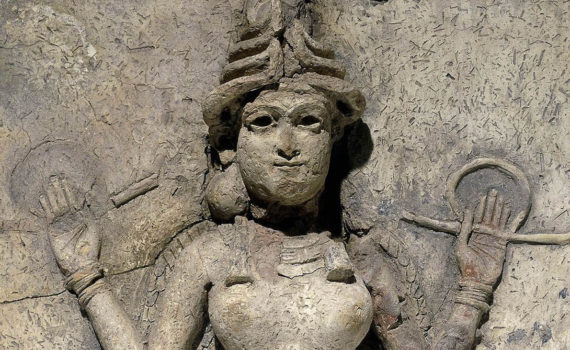
For two thousand years, Babylon’s lost Tower and Hanging Gardens have haunted European imagination.
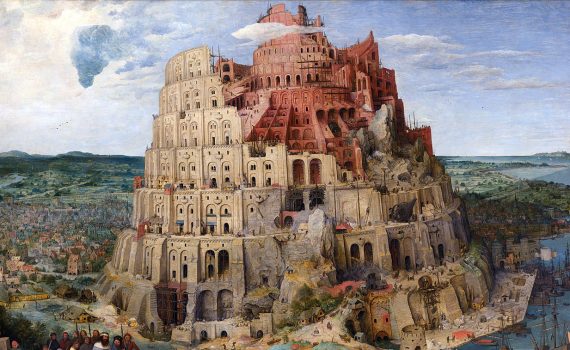
Artists have depicted the Tower of Babel throughout the ages, a symbol of the extraordinary—but it did exist.
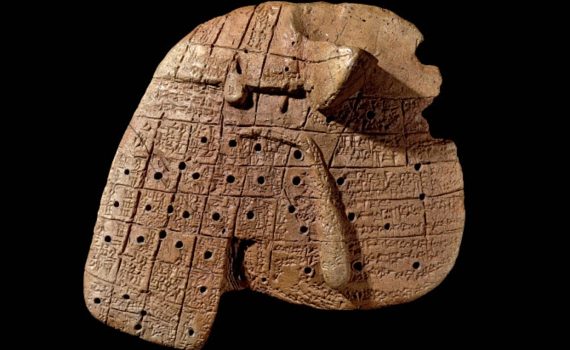
What do the 60-minute clock and the zodiac have in common? The answer lies in ancient Babylon.
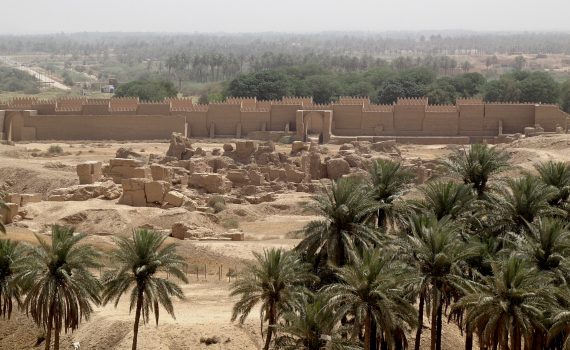
Even today with international tourism waning in the face of military threats, Iraqis regularly visit this famous site.
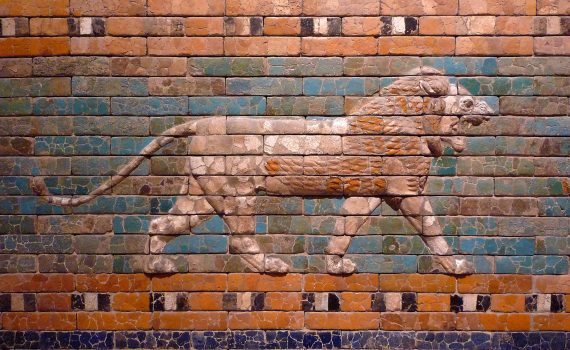
“I, Nebuchadnezzar … magnificently adorned them with luxurious splendor for all mankind to behold in awe.”
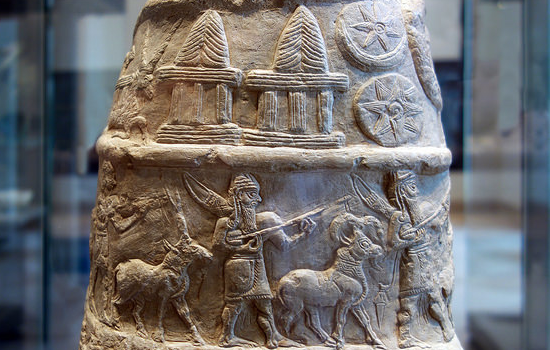
The Kassites controlled Babylonia for 400 years—now all that remains are these carved boundary stones.
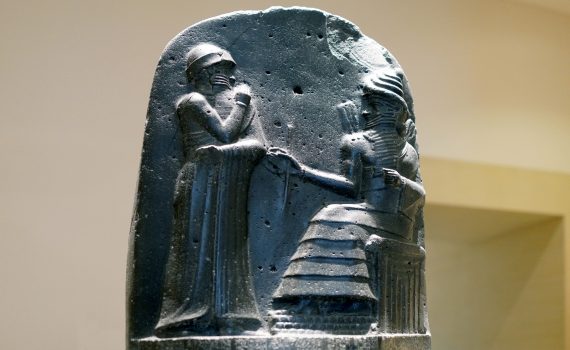
Law is at the heart of modern civilization, and is often based on principles listed here nearly 4,000 years ago.